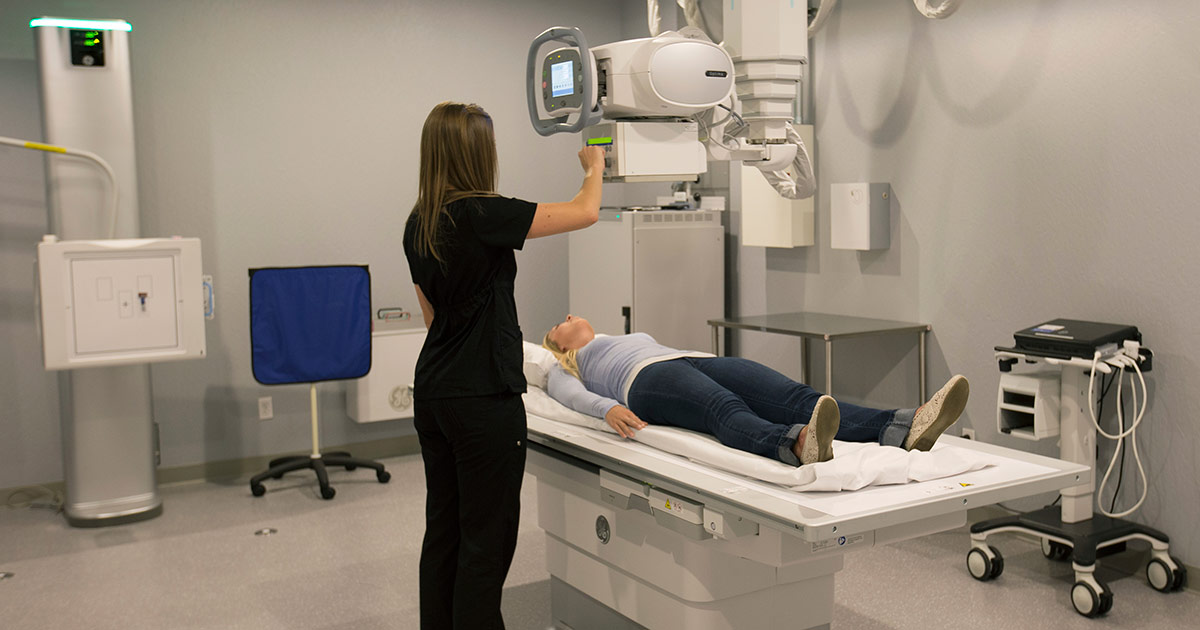Mammography screening is not a form of prevention, but of early diagnosis: this means that for those who regularly undergo mammography the chances of having a tumor remain the same, but tumors are often identified at an early stage. Mammography is offered: every year to women aged 40 to 49 (not in screening), every two years to women aged 50 to 69 (in screening). And after the age of 69? All women in the age group 50-69 are invited to take the exam in the screening services of health organizations. Within the program, mammography and any subsequent examinations are free. The program is responsible for ensuring the continuity of the diagnosis process and any treatments, favoring, when it is necessary to intervene, conservative surgical treatments. Mammography screening X-ray procedure in Rockaway, NJ.
Mammography is a radiological examination of the breast and is the most effective for diagnosing breast cancers early. Direct digital mammography allows a reduction in the radiation dose compared to analog mammograms.
How is the invitation to participate in the screening program?
The screening exams are scheduled directly by the operators of the Screening Center of the Health Authorities. Every woman, resident and domiciled in the territory of the health district, aged between 50 and 69 receives a personalized letter at home containing all the useful information to carry out the examination free of charge; the invitation also specifies how to change the date or time of the appointment. In some health agenciesscreening is aimed at all women over 40 including women aged 69-74.
Preliminarily it is essential to make some considerations, the screening must meet some requirements:
the program promotes, facilitates and monitors the participation of the target population
the target population must be identified in advance
the various diagnostic and therapeutic moments that are necessary in positive subjects are to be defined and organized
the tools for evaluating the effectiveness, costs and organization of the program must be activated
mass initiatives must not only promise but also maintain the expected result (reduction of mortality)
screening requires a complex organization and a continuous and periodic assessment of the quality of the services offered.
